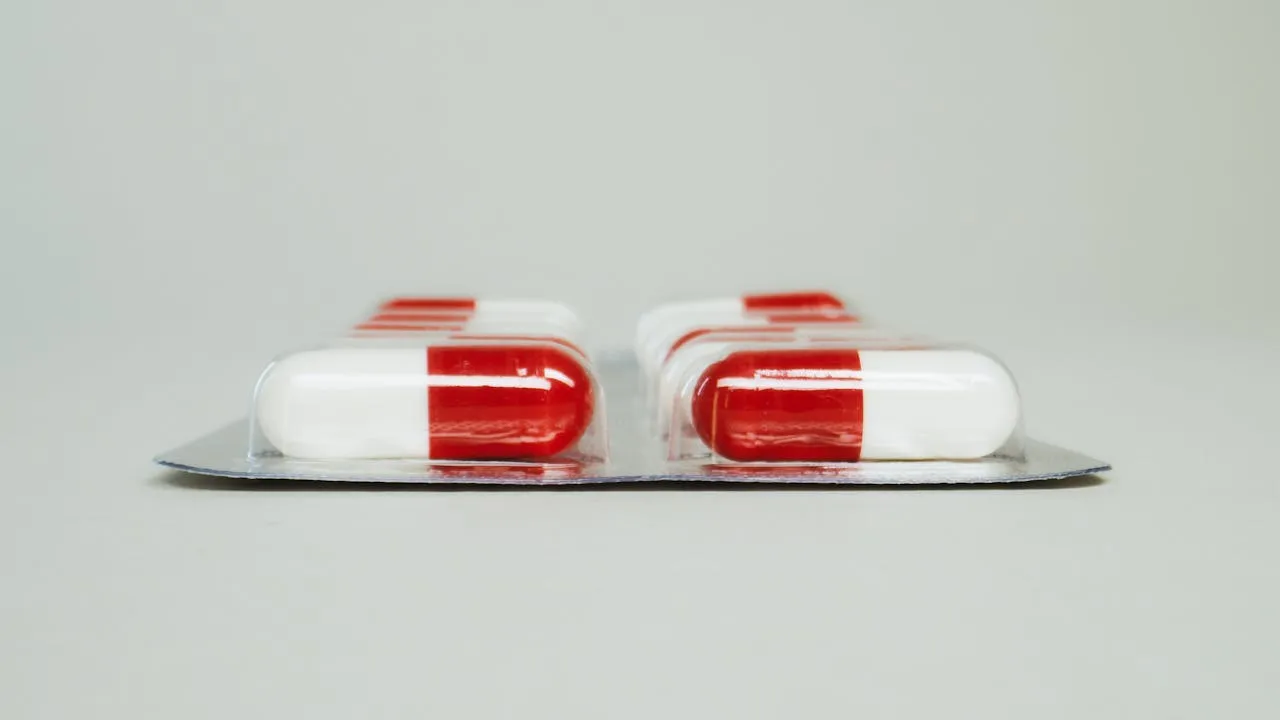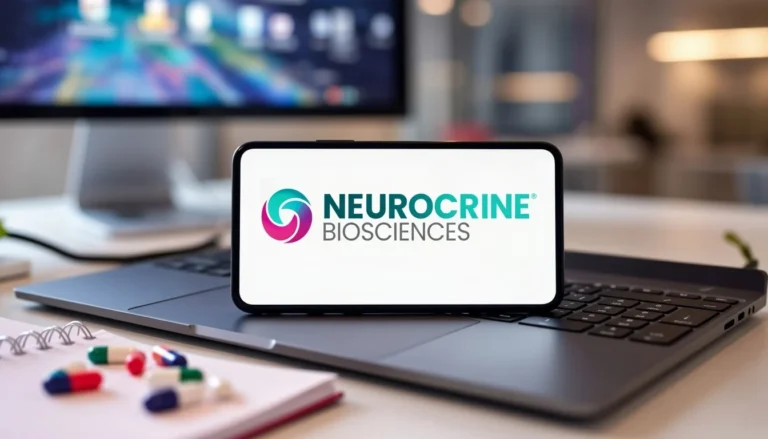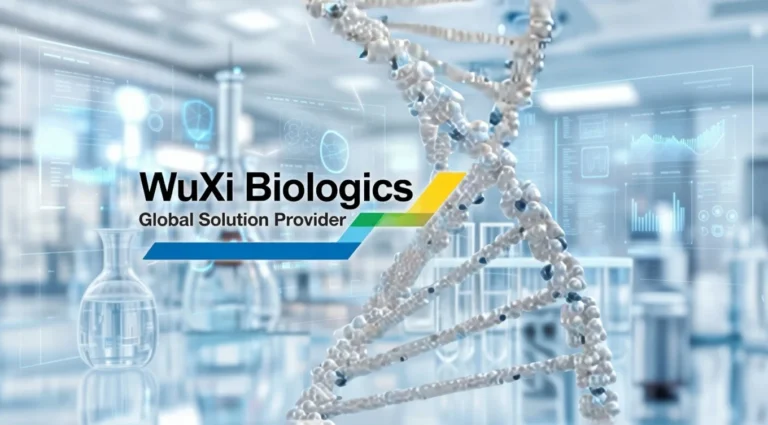
Inhalon Biopharma a clinical-stage biotechnology company focused on developing innovative treatments for acute respiratory infections (ARI), has announced a major milestone in the advancement of its inhaled antibody platform. The company has successfully completed Investigational New Drug (IND)-enabling studies for its respiratory syncytial virus (RSV) candidate, IN-002, and is preparing to move forward with a human challenge study in 2026. This marks a significant step in the development of the first inhaled antibody treatment for RSV, a respiratory disease that disproportionately affects infants, young children, and the elderly.
In conjunction with this development, Inhalon Biopharma has also signed a contract with hVIVO (AIM: HVO), a leading contract research organization specializing in human challenge trials. This collaboration will facilitate the execution of the Phase 2a clinical trial, a crucial step in assessing the safety and efficacy of IN-002 in human subjects. By partnering with hVIVO, Inhalon is ensuring that its clinical trial is conducted with the highest standards, leveraging the expertise of a company renowned for its leadership in controlled human infection studies.
The Significance of Inhaled Antibody Therapy in Treating Respiratory Infections
Inhalon’s Biopharma RSV candidate is just one of several potential therapies being developed using its novel inhaled antibody platform. This groundbreaking technology aims to address a fundamental limitation in traditional therapeutic approaches—inefficient delivery of antibody treatments to the respiratory tract. Instead of relying on oral or intravenous administration, which can be less effective in targeting localized infections in the lungs, Inhalon’s therapy employs a handheld nebulizer to deliver antibodies directly to the site of infection.
The inhaled route of administration offers several key advantages:
- Direct targeting of infection sites: By delivering antibodies directly to the airways, this approach maximizes therapeutic impact while minimizing systemic exposure.
- Enhanced treatment efficacy: Studies conducted in multiple animal models have demonstrated that inhaled antibody treatments are significantly more effective in treating respiratory infections compared to conventional methods.
- Potential reduction in healthcare costs: By improving treatment efficacy and allowing for at-home administration, inhaled therapies could reduce the burden on hospitals and healthcare providers.
- Greater patient convenience: The ability to self-administer treatment using a simple nebulizer reduces the need for hospital visits and intravenous infusions.
Addressing a Critical Unmet Need in RSV Treatment
Respiratory syncytial virus (RSV) remains a major health concern, particularly for vulnerable populations such as newborns, toddlers, and older adults. RSV infections can lead to severe complications, including pneumonia and bronchiolitis, resulting in significant morbidity and mortality worldwide. Despite its clinical impact, treatment options for RSV are currently extremely limited.
“The treatment paradigm for respiratory infections is ripe for disruptive innovation,” said John Whelan, president and chief executive officer of Inhalon Biopharma. “Preventive immunizations are underutilized, especially in RSV, where vaccine uptake is now projected to be only one-third of original estimates. Additionally, even among those who are immunized, breakthrough infections occur in 30-50% of cases, leaving a large portion of at-risk individuals vulnerable to severe disease.”
Whelan further emphasized that there are no FDA-approved treatments targeting the underlying RSV infection itself. Current management strategies focus on symptom relief and supportive care rather than directly addressing the virus. “Inhalon’s inhaled antibody treatment approach not only targets the underlying pathophysiology of RSV and other respiratory infections but also provides a painless, self-administrable option for patients in their own homes. This could significantly reduce hospitalizations and improve patient outcomes.”
Preclinical Evidence Supporting the Efficacy of Inhaled Antibody Therapy
Inhalon’s inhaled antibody platform has been rigorously evaluated in preclinical studies, which provide strong evidence of its potential benefits. One comparative clinical study assessed the performance of an inhaled antibody therapy developed by Inhalon versus a commercially available antibody therapy administered intravenously. The study yielded compelling results, demonstrating that:
- Antibodies delivered via nebulization maintained their full biological activity, ensuring effective viral neutralization.
- The inhaled administration method enabled uniform distribution of the antibodies across all regions of the respiratory tract, including the deep lung.
- The inhaled therapy resulted in antibody concentrations in the respiratory tract that were 30-fold to 100-fold higher than those achieved through intravenous administration.
- Remarkably, these elevated concentrations were attained despite the inhaled dosing regimen using up to 90% fewer antibodies compared to the intravenous method.
These findings underscore the potential for inhaled antibody therapies to provide a more efficient and effective approach to treating respiratory infections, including RSV. By achieving higher localized concentrations with lower overall antibody doses, this method could lead to more cost-effective and scalable treatment options.
The Role of Human Challenge Studies in Advancing IN-002
To accelerate the clinical development of IN-002, Inhalon has partnered with hVIVO to conduct a Phase 2a human challenge trial. Human challenge studies involve the deliberate exposure of healthy volunteers to a pathogen in a controlled setting, allowing researchers to assess the efficacy of investigational therapies more quickly and efficiently than traditional clinical trials.
hVIVO, a globally recognized leader in this field, has extensive experience designing and conducting human challenge trials for respiratory viruses, making it an ideal partner for Inhalon. The planned trial will provide critical data on the safety, tolerability, and antiviral efficacy of IN-002, helping to inform subsequent phases of development.
Broader Implications of Inhaled Antibody Therapies
While RSV is a key focus, the implications of Inhalon’s inhaled antibody platform extend beyond this single disease. The company is actively exploring applications for its technology in other acute respiratory infections, including:
- Influenza: A major global health concern that causes severe illness and hospitalizations every year.
- COVID-19 and emerging coronaviruses: The ongoing pandemic has highlighted the urgent need for improved treatments for respiratory viral infections.
- Other respiratory pathogens: Bacterial and viral infections that impact the lungs could potentially be treated more effectively with inhaled antibody therapies.
By pioneering a new method of antibody delivery, Inhalon is positioning itself at the forefront of innovation in respiratory medicine. If successful, this approach could revolutionize the way we treat a wide range of respiratory infections, reducing dependence on systemic treatments and improving outcomes for millions of patients worldwide.
Next Steps and Future Outlook
With IND-enabling studies now complete, Inhalon is focused on the next critical milestones in the development of IN-002:
- Regulatory engagement: The company will work closely with regulatory agencies to finalize study protocols and ensure compliance with all necessary guidelines.
- Phase 2a human challenge study: Expected to commence in 2026, this trial will provide essential data on the clinical performance of IN-002.
- Further clinical expansion: Based on the results of the Phase 2a study, Inhalon plans to advance IN-002 into larger clinical trials to evaluate its efficacy in broader patient populations.
Inhalon’s progress with its inhaled antibody platform represents a significant breakthrough in respiratory infection treatment. If successful, the company’s approach could set a new standard for treating RSV and other respiratory diseases, offering patients a safer, more effective, and more convenient alternative to current therapies. As the world continues to face the challenge of respiratory viral infections, innovative solutions like IN-002 hold the potential to transform patient care and public health on a global scale.





